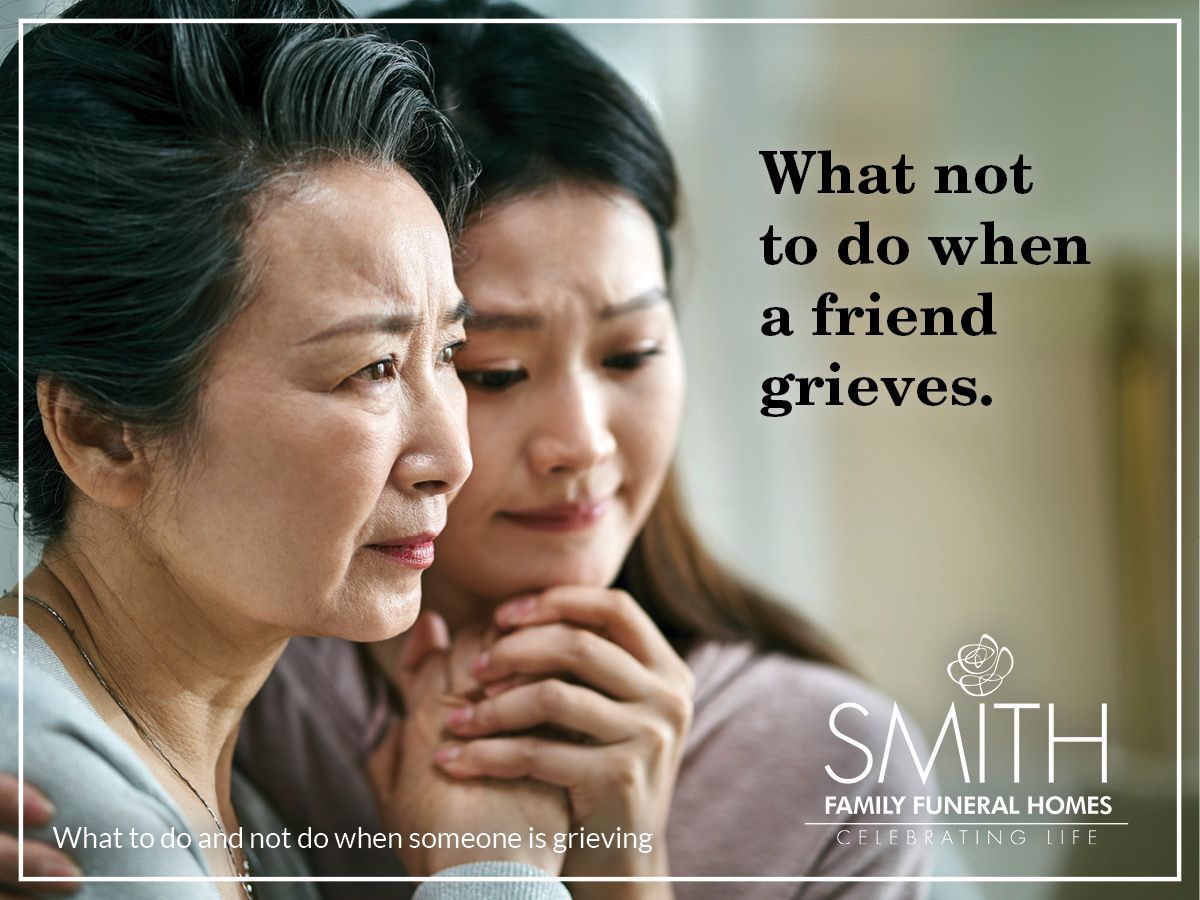
Grief is a normal part of life. After losing a loved one, most people will experience grief in some form. That feeling can go on for a while, but as the adage goes, “Time heals all wounds.” As anyone who has ever lost someone very close to them will tell you, time may help, but it doesn’t fully heal. Years after that person’s death, you’ll still think of them, still wish they were around, but you’ll have moved on with your life. The wound will still hurt from time to time, but the feeling of grief will no longer be all-encompassing.
At least, that’s what traditional grief looks like. However, the American Psychiatric Association (APA) has recently coined a term for when grief doesn’t heal the way it’s expected to. In the most recent edition of the Diagnostic and Statistical Manual of Mental Disorders (DSM), a new entry has been added: prolonged grief disorder (PGD). The admission comes at a time when so many are experiencing grief in the wake of the COVID-19 pandemic. How can we all move on following such mass death? The answer is that not everyone is moving on at all.
Why is prolonged grief disorder different?
PGD happens when someone close to the bereaved has died within at least six months for children and at least 12 months for adults. Children and adolescents may develop a preoccupation with death and the circumstances around it. On the other hand, adults are more likely to develop intense longings for the deceased. But the main thing that makes this different from normal grieving is that those feelings are disruptive to the point that you severely struggle to function in your everyday life.
Any form of grief may make it harder to get through the day, but what marks prolonged grief disorder is just how much more of a struggle it is. Some symptoms include:
● A feeling that part of you has died too
● An unwillingness to accept that your loved one has died
● Intense emotional pain, which could manifest as anger, sadness, or even bitterness
● An inability to be around other people
● Emotional numbness
● Intense loneliness
● A belief that life is meaningless
● A loss of interests, hobbies, and other things that used to make life more enjoyable
For a professional to diagnose you, these intense reactions must be ongoing most of the day, every day, for at least a month. Although anyone could have PGD, studies have indicated that it’s most common in women. Children and adolescents can also have the disorder, but it’s worth noting that, in general, children’s emotional reactions are stronger. Keeping this in mind, a doctor may be more hesitant to diagnose a child with PGD.
Why is prolonged grief disorder controversial?
PGD came about after studies dating back several decades concluded that people were experiencing bereavement beyond culturally accepted norms. So although the timing of the APA adding PGD to the DSM may make it seem like it’s just a reaction to the COVID-19 pandemic, the reality is that people have been struggling with prolonged grief for much longer.
However, not everyone is happy that PGD is now an accepted disorder by the APA. Because grief manifests differently for everyone, some experts are concerned that mental health professionals will be diagnosing many people with false positives simply because their emotions may be a little stronger than “normal grief.” Calling someone who is grieving the death of a loved one “mentally ill” could have negative consequences for anyone struggling to find normalcy in bereavement.
Ultimately, though, the addition of PGD to the DSM may prove to be a good thing for grief sufferers and grief researchers. Because PGD is a recognized disorder, researchers will be more likely to secure funding to study the disorder and grief in general. Additionally, mental health professionals providing care for grief sufferers will be more likely to be reimbursed for their treatment, making grief treatment more accessible, especially if they need long-term care.
Is there treatment for prolonged grief disorder?
PGD can persist indefinitely without treatment, leading to substance abuse, suicidal thinking, sleep disturbances, and impaired immune function. However, with treatment, the prognosis is much brighter.
PGD may sound similar to depression, but it actually doesn’t improve with traditional depression treatment, like antidepressants. PGD is unique in how it affects our brains. Essentially, PGD is more like an addiction. By refusing to acknowledge that a loved one has died, we reward ourselves by living in blissful ignorance. We don’t want to lose that reward. PGD treatment relies on managing reminders of your loved one’s death, strengthening relationships, and understanding grief.
A feeling of hopelessness can mark PGD, but with treatment, there is hope that you can continue with your life. You’ll likely still miss your loved one, and sometimes missing them may hurt a little more than usual, but the goal with treating PGD is for you to be able to live a fulfilling and active life, even if they’re not there to live it with you.
Smith Family Funeral Homes provides quality funeral, memorial and cremation services to the families of Central Arkansas. Their six locations can be found in Little Rock, North Little Rock, Westbrook, Sherwood, Benton and Arkadelphia. With a privately-owned crematory operated by licensed professionals, Smith Family Funeral Homes can guarantee their high standard of care throughout the cremation process. To learn more, visit smithfamilycares.com.













